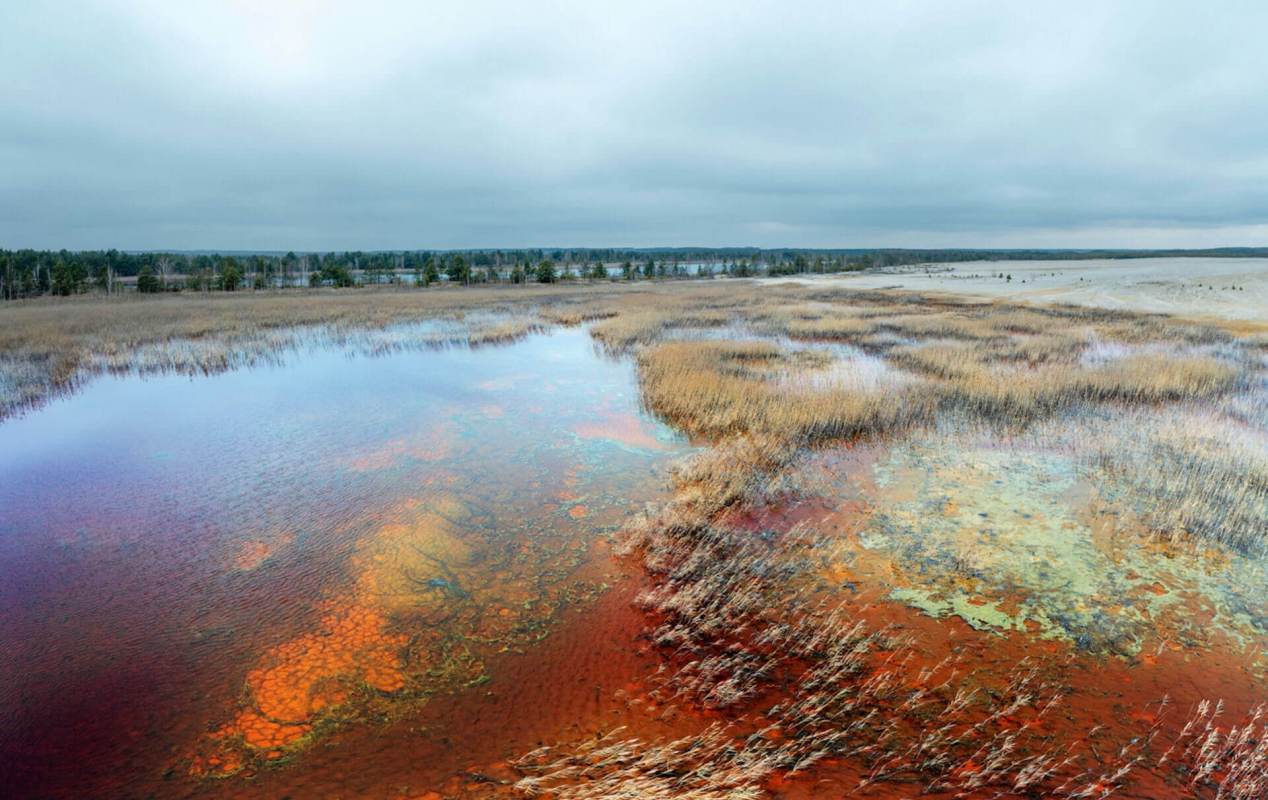The Nyamwamba River in Uganda's Rwenzori Mountains faces an environmental crisis as devastating floods and toxic mining pollution threaten the health of the region's population and the surrounding ecosystem.
What's happening?
In recent years, catastrophic flooding along the Nyamwamba River has been worsened by rising global temperatures. This flooding has eroded copper "tailings," or pools of mining waste, left behind by Canadian mining company Falconbridge, which no longer operates in the area. That has led to contamination of the area's water supply, soil, and local produce with dangerous amounts of heavy metals.
Mongabay reported that samples taken from the Nyamwamba's water and fish near Kilembe were shown to have accumulated unsafe levels of copper, cobalt, lead, and zinc that exceed the safety limits set by the World Health Organization.
"When we were starting our study in the Kilembe mine area, [this] whole tailing dump was not touched by water," stated Abraham Mwesigye, an environmental scientist at Kampala's Makerere University. "But because of overflooding, we've lost tons and tons of tailing waste into River Nyamwamba … and that has only happened in the last four years."
Why is this flooding concerning?
As the floods continue to spread the toxic byproducts of the old mining operation into the area's drinking water and agriculture, high rates of cancer among the population near the remnants of the copper mine signal an urgent need for action.
Not only would effective cleanup efforts cost "millions and millions of dollars," according to Source International, a nongovernmental organization that advocates for mining-affected communities, but an increasing number of African towns are suffering from the long-lasting impacts of unsafe water and unusable farmland.
When these contaminants make their way into rivers, lakes, or groundwater, they can disrupt the area's wildlife, which can decrease biodiversity of a once-thriving ecosystem.
What's being done to help the effects of the flooding?
Although some public interest lawyers are working to hold companies accountable and stand up for these communities in court, they are facing difficulties within legal systems that may favor profit over human rights and environmental well-being.
"Legal systems must evolve to hold companies accountable," wrote Marcos Orellana, a United Nations special rapporteur on toxics and human rights. "And courts must be open and willing to hold past polluters accountable for the harm they have caused to communities and the environment."
Recent attempts to revive the copper mining industry in Kilembe could potentially worsen the situation at hand by bringing more harmful means of production into the region once more.
By getting involved and bringing awareness to these disastrous climate-related issues happening around the world, we can all help create a cleaner, healthier planet for Uganda and beyond.
Join our free newsletter for weekly updates on the coolest innovations improving our lives and saving our planet.









